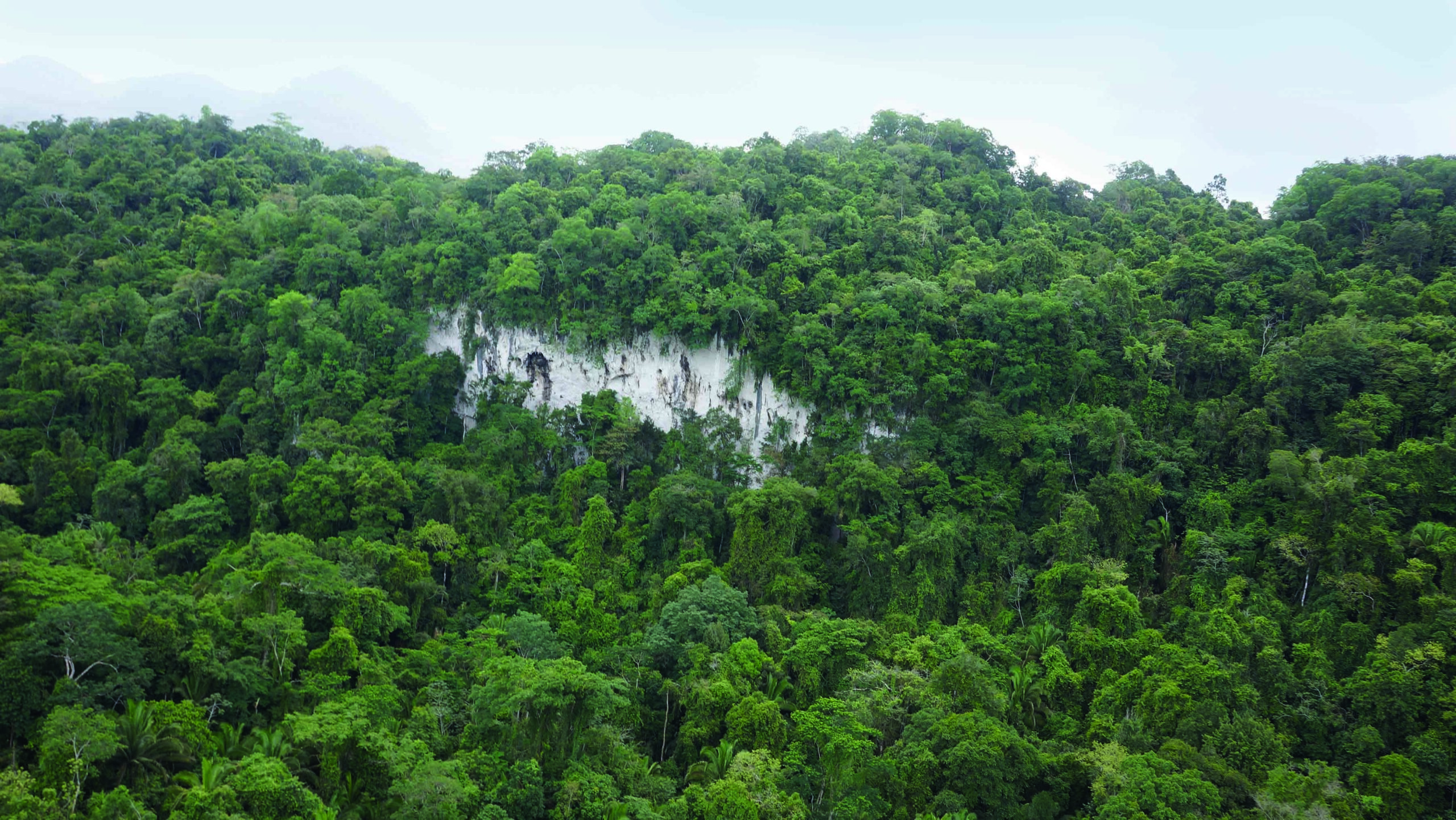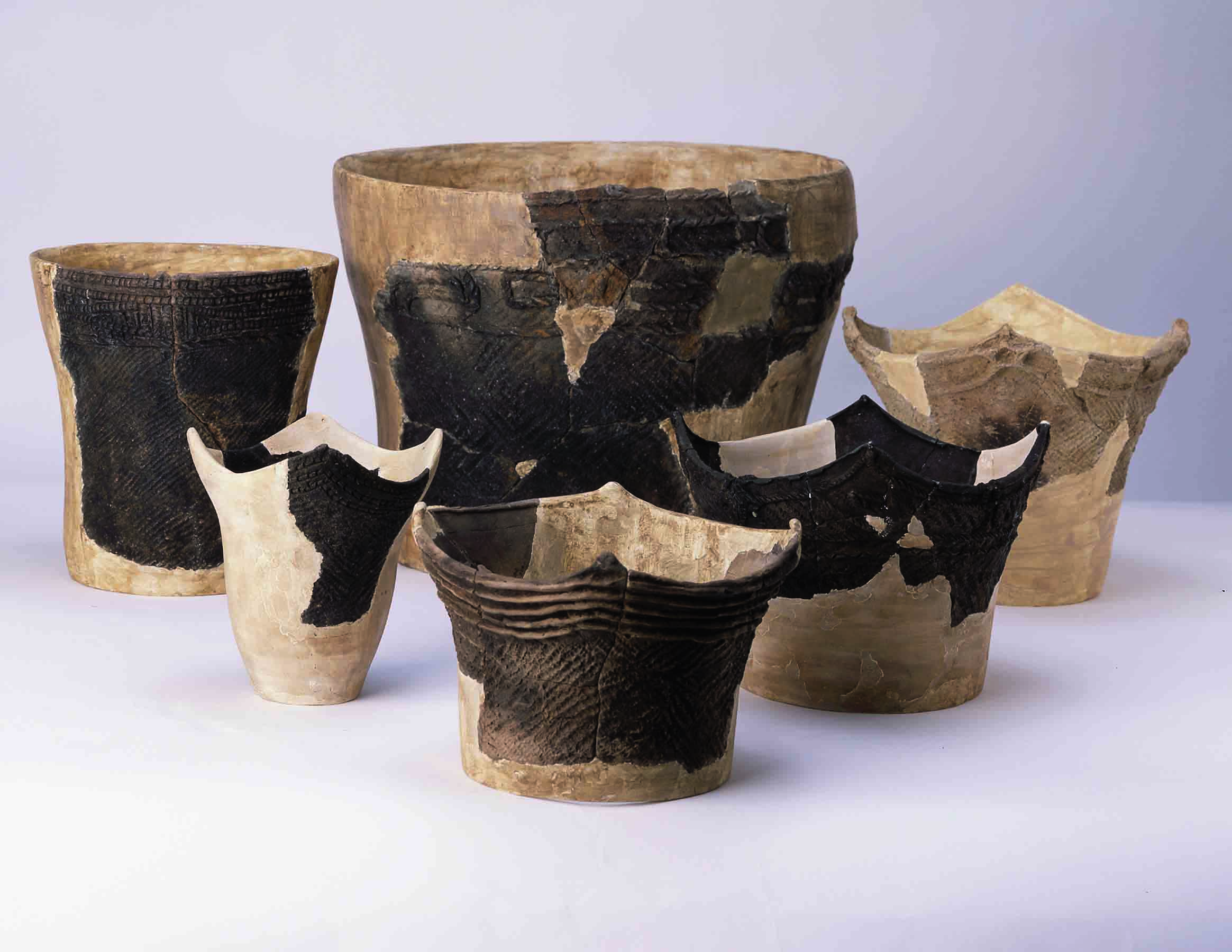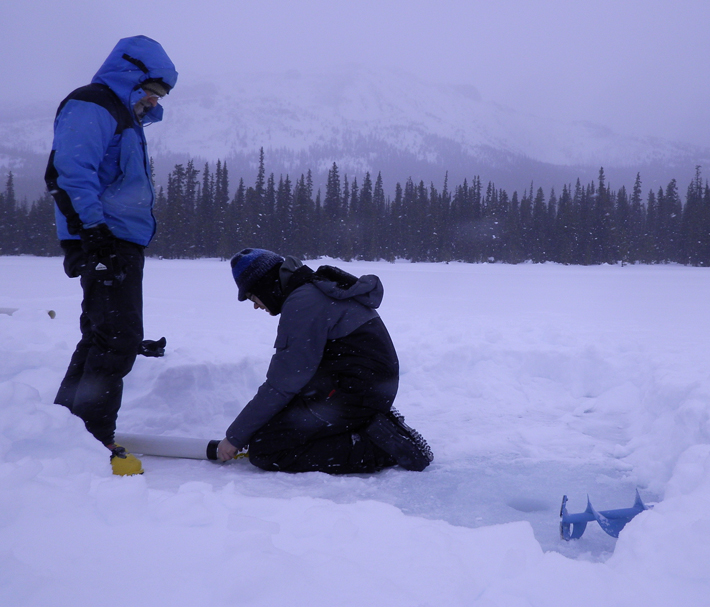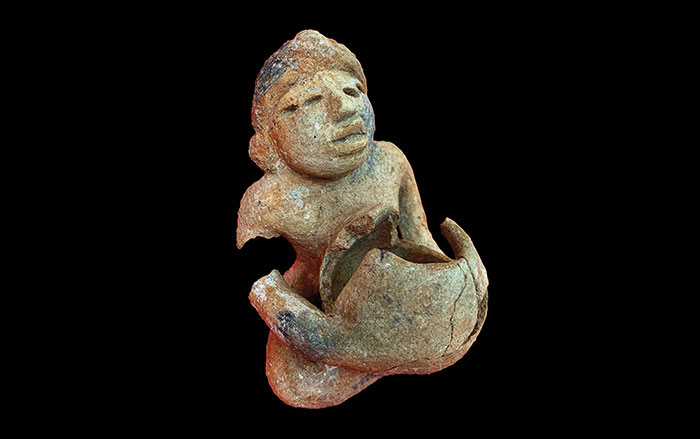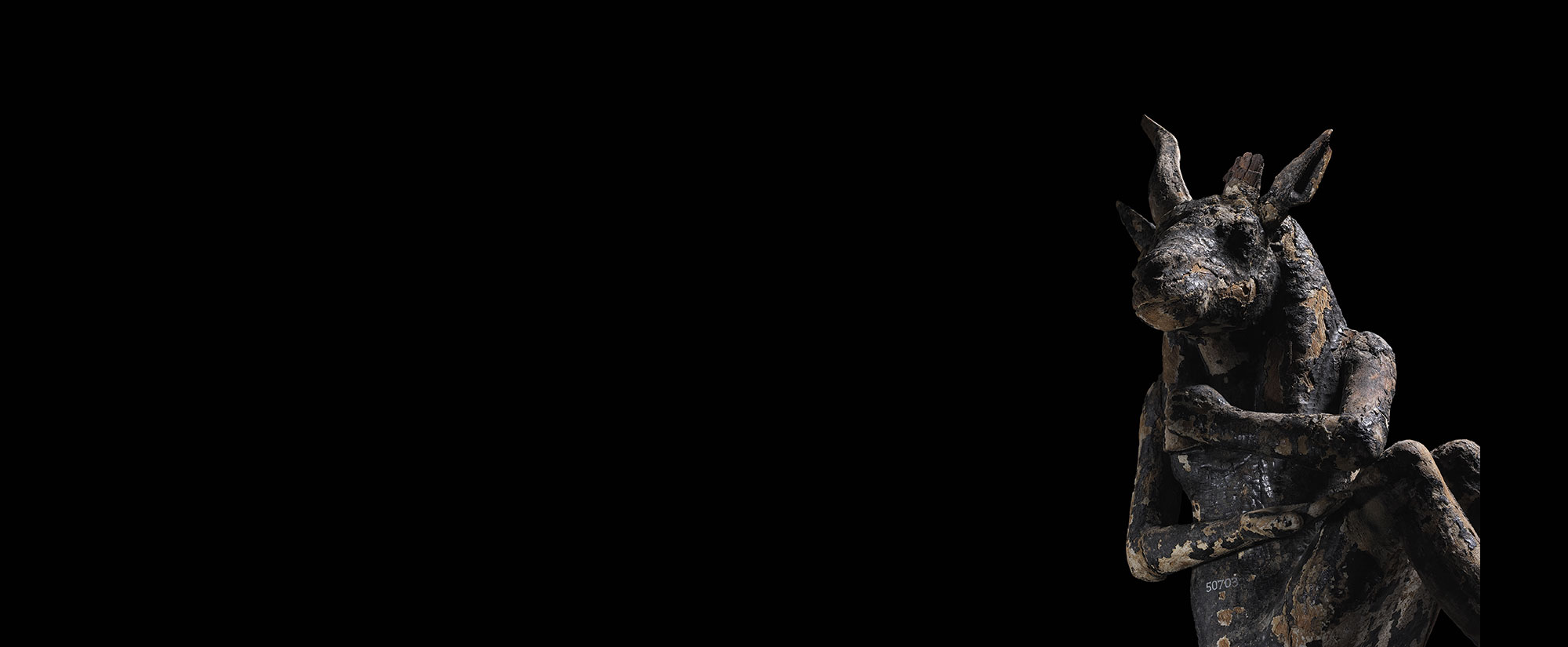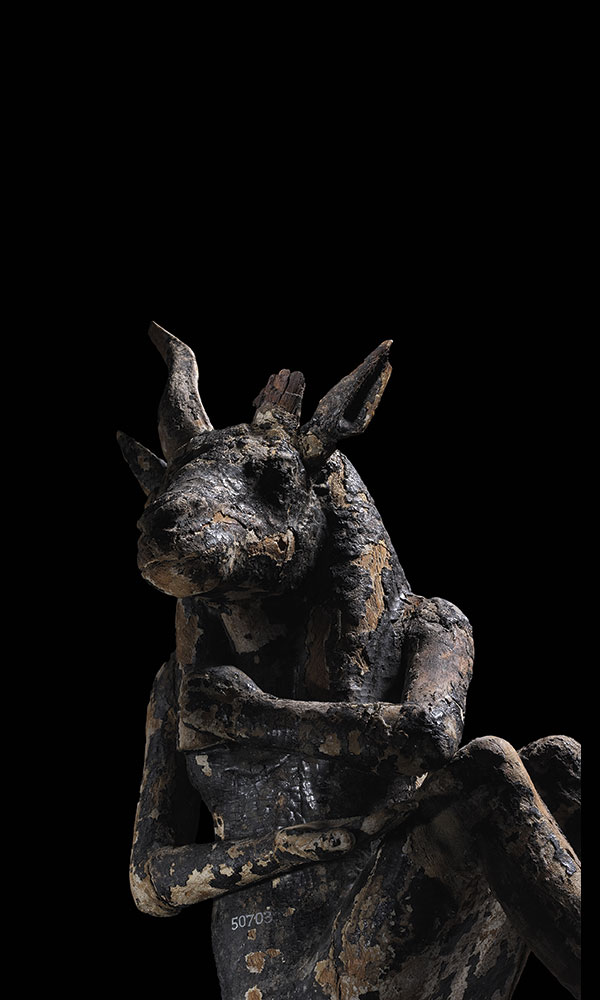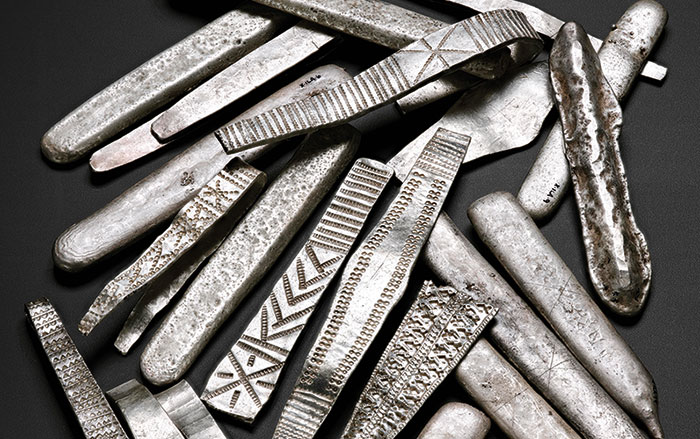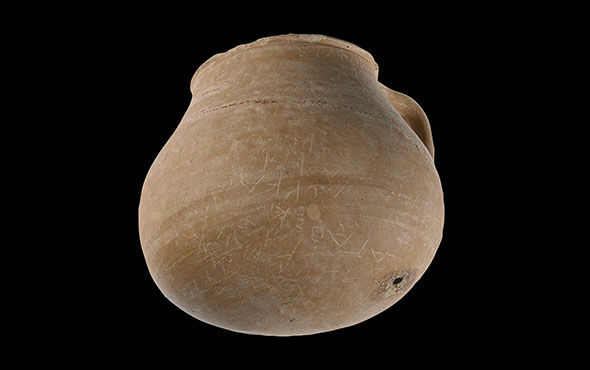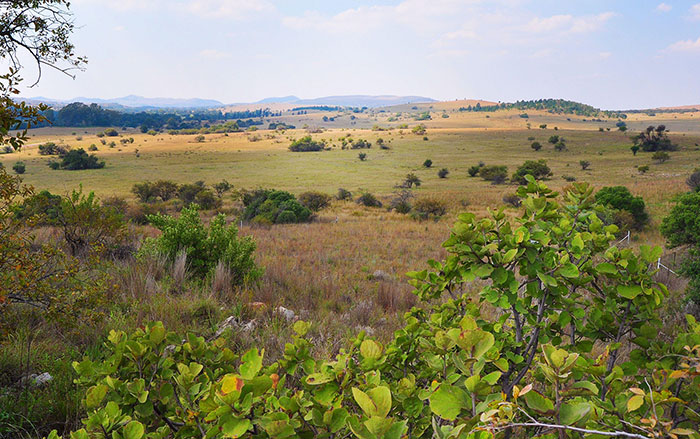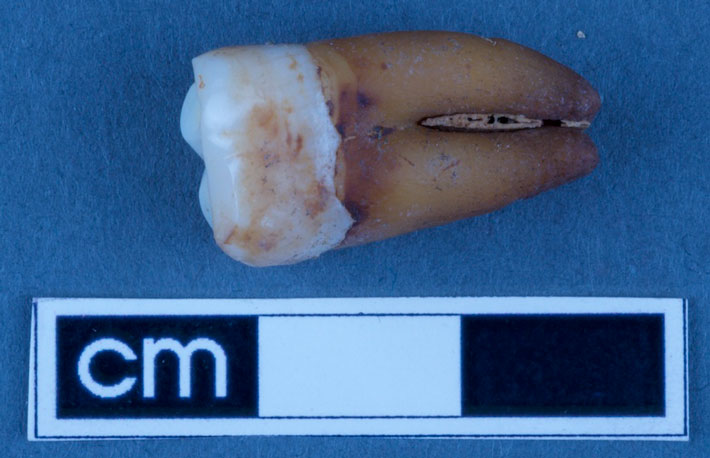
ADELAIDE, AUSTRALIA—According to a statement released by Flinders University, a team of researchers led by Christine Adams has measured the levels of strontium isotopes in the teeth of early South Australian colonists who were buried before 1880 in unmarked graves in the free ground section at the Anglican Parish of St. Mary’s Church in Adelaide. The study suggests that just one of the 13 people had been born in Adelaide, while eight of them had been born in Britain or Ireland. Just three of the individuals could have spent their childhoods in either location. The last person in the sample was likely born and raised somewhere else. Team member Donald Pate explained that isotope analysis offers important information about migration and mobility in the colonial population because the lives of these people were not well documented. Read the original scholarly article about this research in Australian Archaeology. To read about the diverse origins of New Zealand's settlers, go to "Kiwi Colonists."


